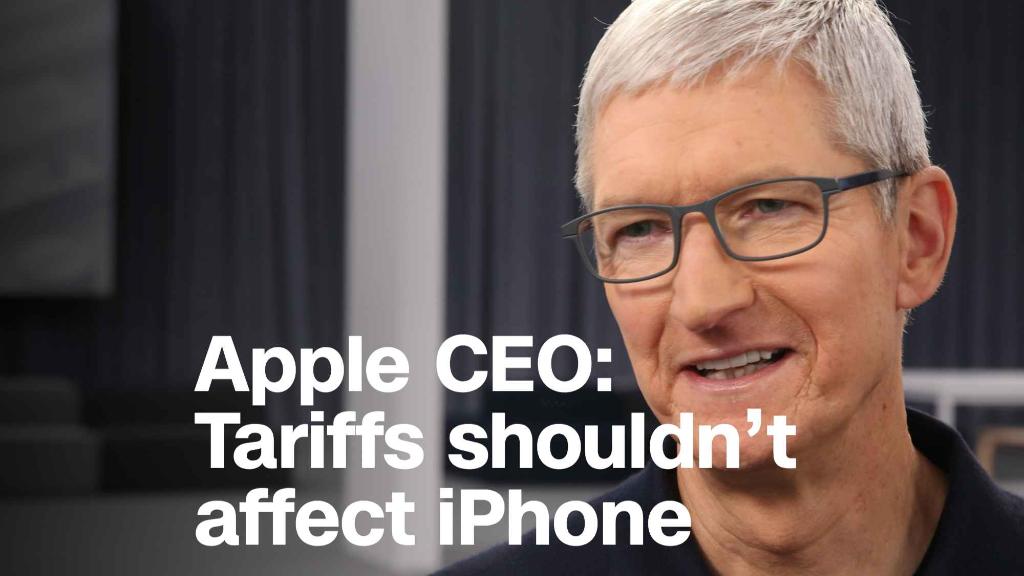
The controversial "Amazon tax" that Seattle just passed to alleviate the city's housing crisis may have kicked off a small trend in Silicon Valley.
There's now consideration of similar taxes in Mountain View, California, home to Google, and in neighboring Cupertino, where Apple is located. In both cases, the city councils are weighing whether to impose a per-employee "head" tax on businesses. If the councils sign off on them, they would become ballot measures for residents to vote on.
Depending on how they fare, other local councils in Silicon Valley may decide to expand taxes on businesses too.
The goal in many cases is to help pay for better transportation and affordable housing, the needs for which have been exacerbated by the success of the tech industry that dominates the local economy.
The city council in Mountain View will hash out details on Tuesday of a proposed head tax that could be put on the November ballot. The council's final vote on whether to include such a ballot measure is likely to come June 26.
Mountain View Mayor Lenny Siegel supports the idea and believes voters would as well.
Based on council materials for Tuesday's meeting, the Mountain View head tax would be progressive, meaning big companies would pay more per employee on average than smaller ones.
In May, the council set a preferred goal of raising up to $10 million. In a $10 million proposal under consideration, just seven companies would pay the lion's share, with Google alone paying $6.6 million.
Related: Seattle passes a smaller version of the 'Amazon tax' than originally proposed
Siegel said he prefers a version that would raise $7.8 million and reduce Google's share to $4.6 million.
"Google is a really good corporate citizen," Siegel said, noting how the company has paid for a free commuter shuttle.
Siegel acknowledges that if a head tax is imposed, the company may not be as generous in its donations. But he also believes that the changes a head tax would support — primarily better transit — would benefit employers like Google by getting their employees to work more easily.
Related: Google' profit and sales surge as tax rate falls
Google did not comment for this story. But the company notes that it has given more than $14 million to Mountain View organizations since 2014, including a $1 million grant for homelessness prevention and rapid rehousing of homeless in Mountain View and Sunnyvale. It also has financed a study to determine the feasibility of extending Light Rail in the area.
In nearby Cupertino, the city council is also meeting on Tuesday but is still in the early stages of considering a head tax, said Jackie Guzman, the deputy city manager. But some supporters of the tax may try to push for it to be on the November 2018 ballot.
Potential perils of a head tax
The idea of a "head" tax isn't new. Ones already exist in neighboring San Jose, Sunnyvale and Redwood City, for instance, as well as a handful of other places around the country, according to the Tax Foundation.
But tax experts lament the recent move toward more head taxes because they say it will hurt the job creation that has made the cities considering them prosperous.
"Whatever you tax, you get less of. Levying a new tax on, quite literally, employing people is the wrong strategy," Jared Walczak, senior policy analyst at the Tax Foundation, has noted. "If revenues are tight now, imagine what they could be if employment declines."
Siegel doesn't seem worried that Google would leave Mountain View or cut back on its employees there. Nor is he worried that a head tax would be onerous for Google to afford, given its high level of profitabilty.
In a survey conducted for the Mountain View city council, 54% of businesses indicated they don't support the idea of a head tax, and 62% said if larger employers relocated to another city it would have a negative impact on their business. The same percentage also said tax rates affect their location decisions.


